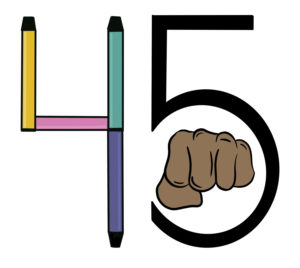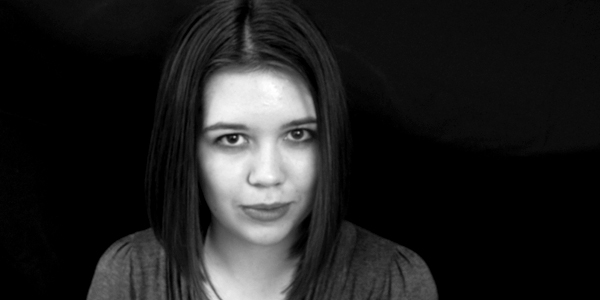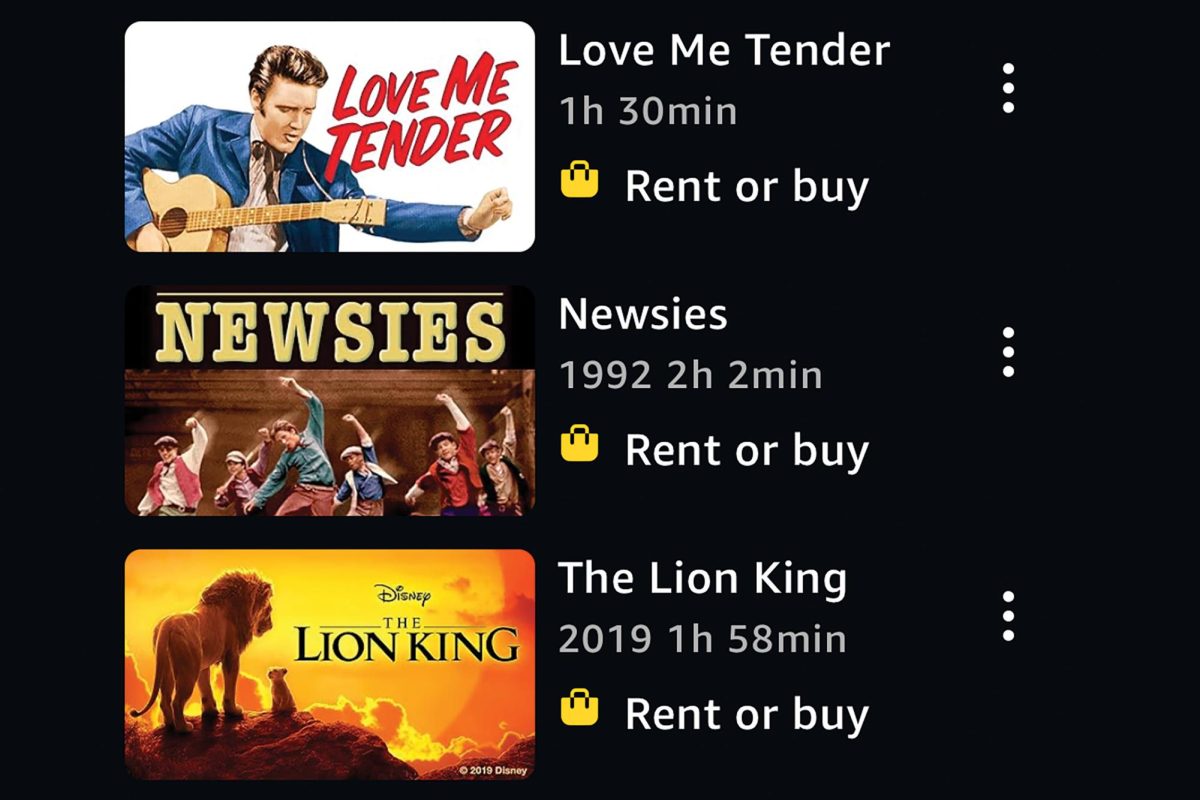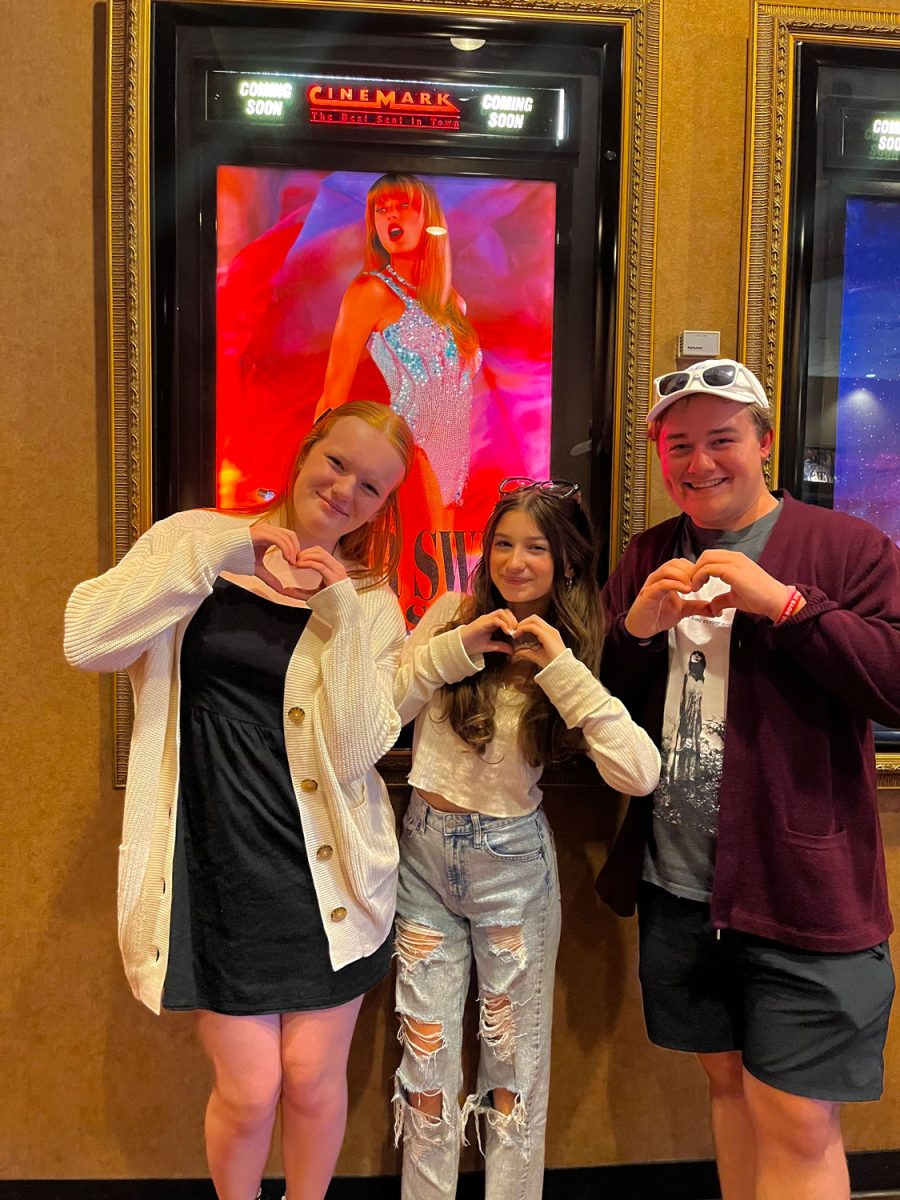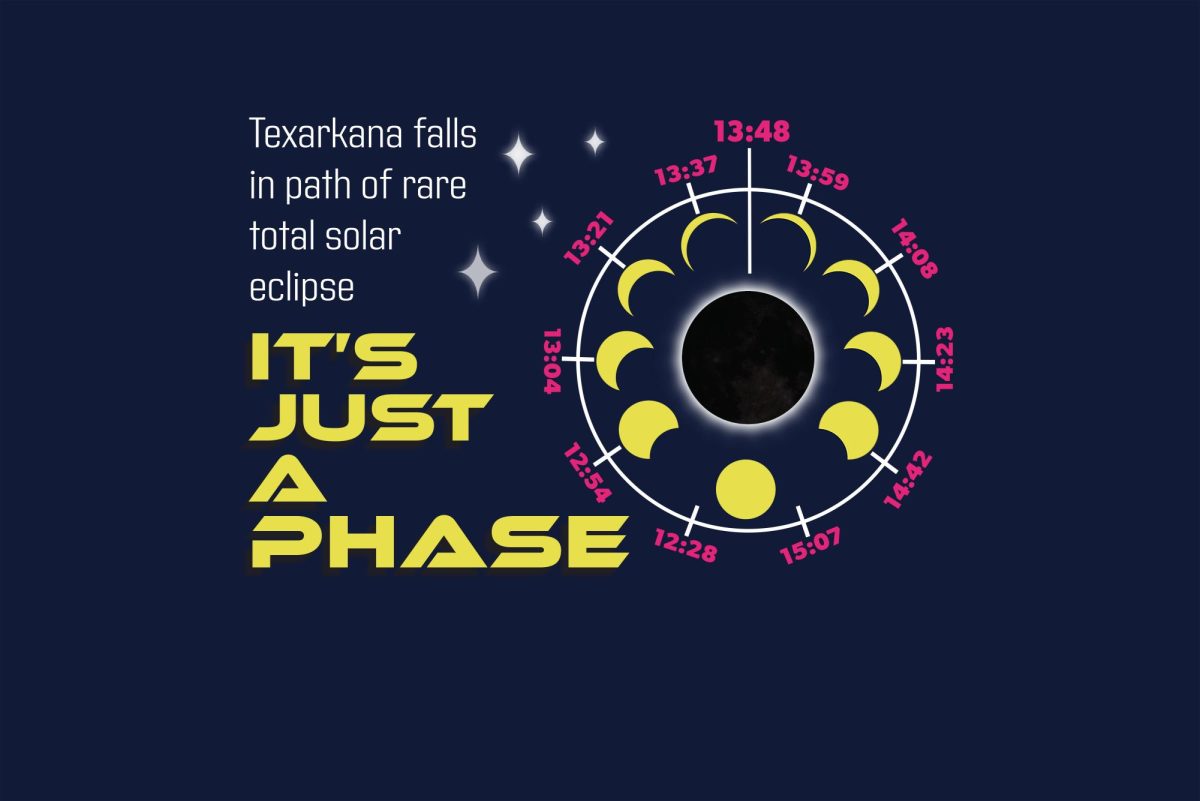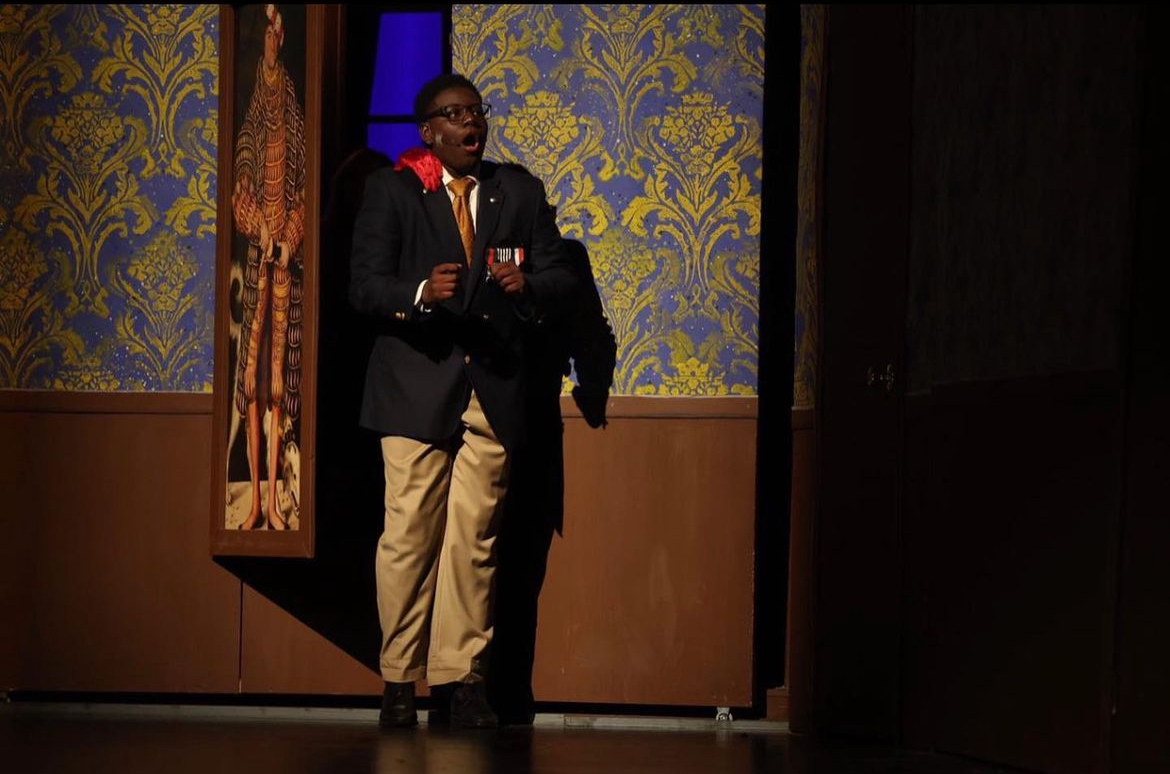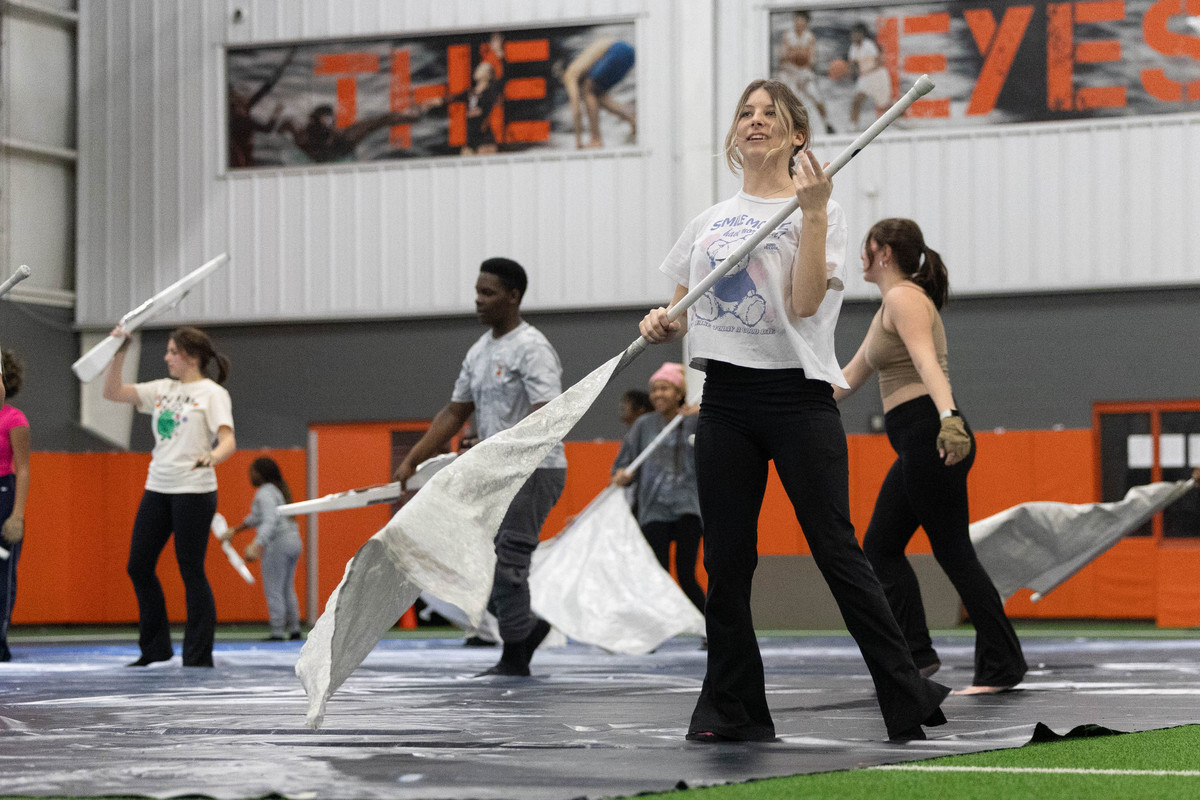Stephen King deviates from his usual subject matter with his new novel 11/23/63, which chronicles the struggles of Jake Epping, a high school English teacher who discovers a time slip leading to 1958 and attempts to prevent the assassination of President
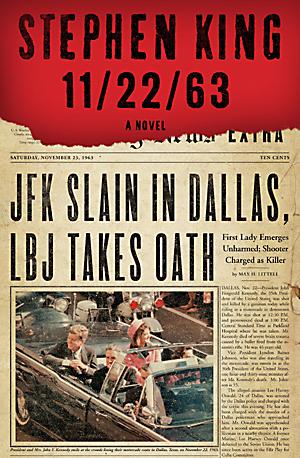 Similarly to many of King’s books, 11/23/63 is set in Maine and stars an intensely normal and relatible character as its protagonist, who one suspects may have been modeled upon King himself, a literary quirk that the author has employed in the past.
Similarly to many of King’s books, 11/23/63 is set in Maine and stars an intensely normal and relatible character as its protagonist, who one suspects may have been modeled upon King himself, a literary quirk that the author has employed in the past.
Dissimilarly to King’s other work, however, 11/23/63 has no ghosts, homicidal madmen or things that go bump in the night lurking within its pages, but is instead an exploration of something that everyone has wondered about at some point: what would happen if we could erase disasters of the past?
King’s answer to this question is not necessarily optimistic. As he attempts to right various wrongs, Epping’s travails are plagued by temporal repercussion after temporal repercussion, and toward the end of the novel the reader is left wondering whether time travel is such a good idea after all.
11/23/63 is a promising foray into historical and science fiction, and an effective demonstration that King is more than just a horror writer. The compelling and interesting storyline provides a welcome contrast with the typical crime fiction and sentimental romantic dramas that usually line the bestseller shelves.
Like many protagonists in modern popular fiction, Epping is the embodiment of The Ordinary Guy, an average Joe who is thrust into extraordinary circumstances by the hands of Fate, or rather because the plot requires it. Though not necessarily a bad thing, this trend tends to rob characters of the sort of subtle gravitas possessed by the protagonists of works whose authors tried less hard to make them pervasively normal.
Despite this, 11/23/63 is an enjoyable and thought-provoking read. It will doubtlessly make a dull weekend slightly less so, and, after finishing it, you may find yourself asking, “what if?”











